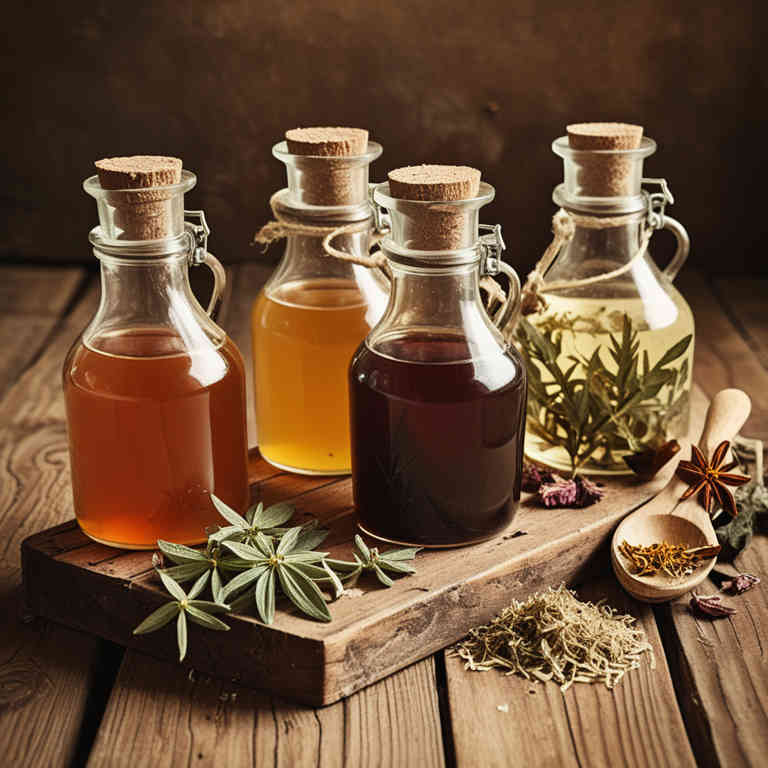Terminalia chebula syrup for medicinal use

Terminalia chebula syrup is a traditional herbal preparation made from the fruit of the Terminalia chebula tree, commonly known as the chebulic myrobalan.
It is widely used in Ayurvedic and traditional Chinese medicine for its potent antioxidant, anti-inflammatory, and digestive properties. The syrup is often employed to support gut health, enhance digestion, and alleviate symptoms of indigestion and constipation. It may also be used to boost immunity and promote respiratory health due to its expectorant qualities.
This preparation is typically taken in small doses and is valued for its natural healing properties in holistic medicinal practices.
Uses
Terminalia chebula syrup has been used to support digestive health and enhance immunity for centuries in traditional Ayurvedic medicine.
Historically, it was valued for its ability to balance the body's doshas, particularly pitta and kapha, and was commonly used to treat gastrointestinal disorders. In modern times, the syrup is still popular for its high content of tannins, which are believed to have antioxidant and anti-inflammatory properties. It is often used as a natural remedy for indigestion, constipation, and respiratory infections.
Today, it is also incorporated into contemporary herbal formulations for its potential to promote overall wellness.
Benefits
Terminalia chebula syrup has health benefits such as boosting immunity, supporting digestive health, and promoting skin health.
It is rich in antioxidants, which help in reducing oxidative stress and inflammation in the body. This syrup is traditionally used in Ayurvedic medicine to improve respiratory function and alleviate symptoms of cough and cold. It may also aid in weight management by enhancing metabolism and reducing appetite.
Overall, Terminalia chebula syrup is a versatile herbal preparation that offers a range of therapeutic properties.
Constituents
Terminalia chebula syrup active constituents include tannins, gallic acid, ellagic acid, and various polyphenolic compounds.
These components contribute to its antioxidant, anti-inflammatory, and immune-boosting properties. The syrup is traditionally used to support digestive health and enhance overall vitality. It may also aid in respiratory health and skin conditions due to its antimicrobial effects.
These active constituents work synergistically to promote wellness and balance in the body.
Preparation
To make Terminalia chebula syrup, first gather the dried fruit of the Terminalia chebula tree, also known as Chebulic myrobalan.
Wash the fruit thoroughly and cut it into small pieces to facilitate extraction. Place the pieces in a pot with enough water to cover them, then bring the mixture to a boil and let it simmer for about 30 minutes. Strain the liquid through a fine mesh or cheesecloth to remove the solids, and then reduce the liquid over low heat until it thickens into a syrup consistency.
Finally, transfer the syrup to a clean, sterilized bottle and store it in a cool, dark place.
Side Effects
Terminalia chebula syrup may lead to gastrointestinal discomfort such as nausea, vomiting, and diarrhea in some individuals.
It can also cause allergic reactions in people sensitive to the plant's components. Long-term use might result in liver toxicity, especially when taken in high doses or for extended periods. There is limited research on its safety during pregnancy and breastfeeding, so caution is advised.
Patients should consult a healthcare professional before using this preparation, especially if they have pre-existing medical conditions or are on other medications.